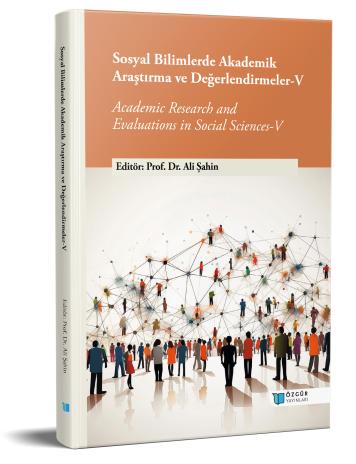
An Empirical Approach on Tax Revenues and Economic Growth
Chapter from the book:
Şahin,
A.
(ed.)
2023.
Academic Research and Evaluations in Social Sciences - V.
Synopsis
Governments need income to continue their activities such as social services, security and infrastructure investments. Taxes are a way for governments to raise revenue to carry out their activities. Although tax revenues are accepted as a tool that encourages economic growth and meets financing needs, the relationship between tax revenues and economic growth is not clear in the literature. In this study, the effect of tax revenues on economic growth was examined for the eleven-country panel, including the ten OECD member countries with the highest tax revenues and Turkey. The research is based on a panel causality analysis. The annual change in economic growth and the share of tax revenues in GDP between 1971 and 2021 were determined as variables. Analyzes were carried out with Kónya (2006) panel bootstrap causality test. Kónya (2006) panel bootstrap causality test does not require any a priori tests other than cross-sectional dependence. For this reason, the analyzes started with the determination of cross-sectional dependence. Cross-sectional dependence analyzes were carried out with CD tests. Test results indicated that there was cross-sectional dependence in the panel. Then, Kónya (2006) panel bootstrap causality test was applied. Test findings showed a one-way causality relationship from economic growth to tax revenues in Belgium, France and Italy. The country where unidirectional causality is observed from tax revenues to economic growth is Denmark. Bidirectional causality was not detected in any country in the panel. The results showed that the “growth and tax” hypothesis is valid for Belgium, France and Italy, and the “tax and growth” hypothesis is valid for Denmark. This result reveals that the relationship between tax revenues and economic growth differs from country to country. It implies that the tax structures of countries will differ in terms of economic and cyclical situations and that different tax policies will emerge.

